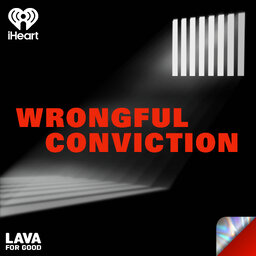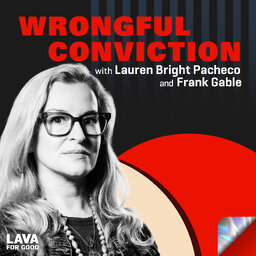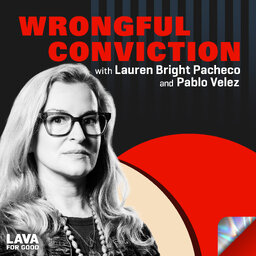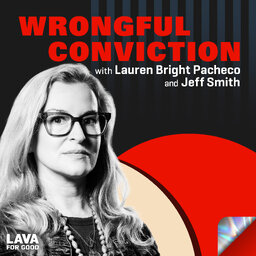#085 Jason Flom, John Grisham and Chip Harding with Jens Soering
Jens Soering is serving two consecutive life terms for a case of double homicide, the murders of Derek and Nancy Haysom in 1985–a crime he did not commit. On June 8, 1986, Jens Soering, the son of a former German diplomat, falsely confessed to killing the Haysoms. Jens "took the rap" for his girlfriend, Elizabeth Haysom, to save her from the death penalty for killing her parents. At Jens’ trial, prosecutor Jim Updike told the jury that Soering's confession was corroborated by several drops of type O blood at the crime scene. Jens had type O, none of the other people involved in the crime did, so the blood had to be his. Updike repeated this claim 26 times. A comparison of lab reports showed that in fact DNA tests had eliminated Jens Soering as a possible source of the type O blood at the scene. The same blood that in 1990 suggested his guilt now proved his innocence. In 2017 two independent DNA scientists confirmed these findings, and they also found DNA evidence showing the presence of a second unknown man with type AB blood. The crime remains unsolved and Jens Soering has remained behind bars for over 32 years. In this gripping interview with Jens Soering, Jason Flom is joined by novelist John Grisham and Sheriff J.E. "Chip” Harding of Albemarle County, VA, both of whom have advocated on Soering’s behalf.
https://www.wrongfulconvictionpodcast.com/with-jason-flom
Wrongful Conviction is a production of Lava For Good™ Podcasts in association with Signal Co. No1.
 Wrongful Conviction
Wrongful Conviction


